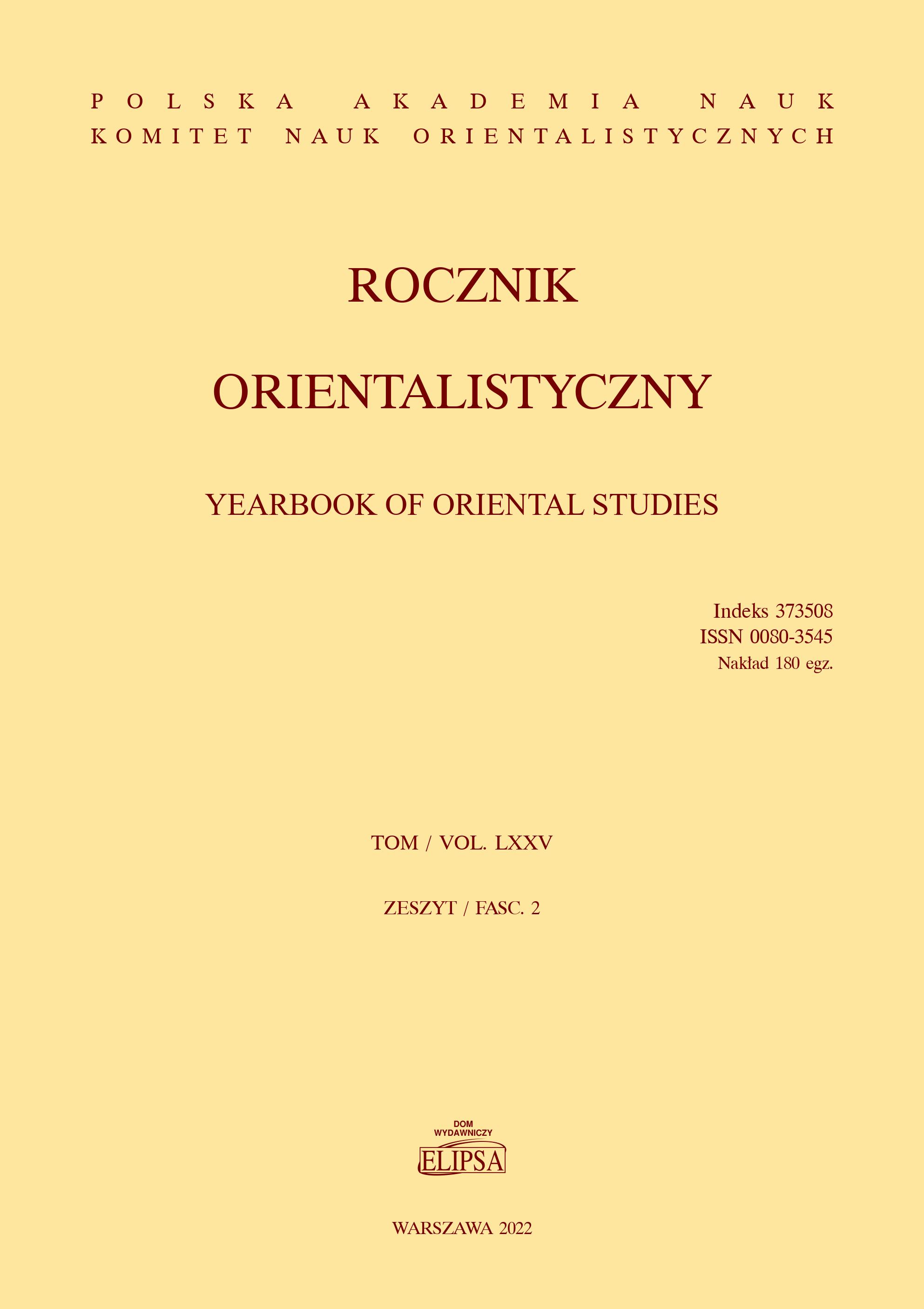Education and Cultural Change in the Modernisation of Iran: The Role of Shiʿite Clerics and the Middle Class
Education and Cultural Change in the Modernisation of Iran: The Role of Shiʿite Clerics and the Middle Class
Author(s): Mahnaz ZahirinejadSubject(s): Social Sciences
Published by: Komitet Nauk Orientalistycznych Polskiej Akademii Nauk
Keywords: Iran; Persia; cultural change; education; middle class
Summary/Abstract: Iranian society underwent various transformations influenced by Western culture as part of its process of modernisation. This was driven by the state's, intellectuals’ and the emergent middle class’s efforts to push cultural change. However, despite a century of such modernisation, a populist backlash accelerated the rise of religious leaders and the Shiʿite tradition before, during and after the Islamic Revolution of 1979. For this important reason, the link between cultural change and modernisation need further examination in the Iranian context. This paper posits the preliminary hypothesis that modernisation as a means of cultural change did not transform Iranian culture in large measure due to the lack of nationwide education. A majority of Iranians remained devoted to the Shiʿite faith and traditions of Islam. This paper examines the importance of education in cultural change in the Qajar and Pahlavi eras, deploying aspects of Riane Eisler's cultural transformation model to evaluate cultural change influenced by Western culture in Iran.
Journal: Rocznik Orientalistyczny
- Issue Year: 75/2022
- Issue No: 2
- Page Range: 122-137
- Page Count: 16
- Language: English

